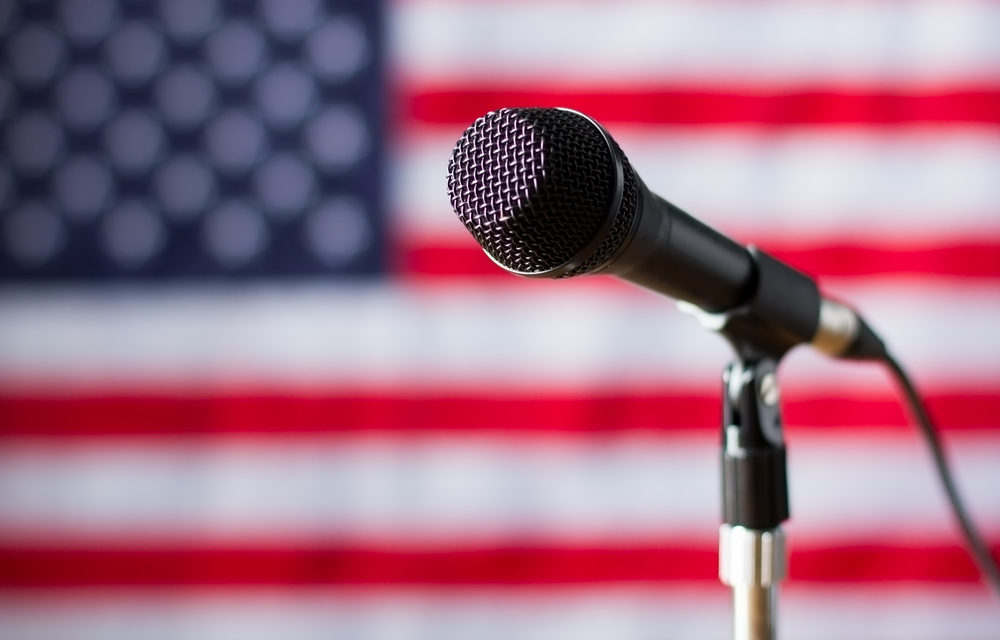Believe it or not, today, November 20, the Democratic presidential candidates meet for yet another debate, their fifth. Immigration was overlooked in the last debate, but with the Supreme Court’s recent hearing on DACA and the addition of more border policies that restrict asylum, the issue has received an uptick in attention in recent weeks.
All of the Democratic candidates support legalization for those who are unauthorized.* But with the DACA case pending before the Supreme Court voters also want to know what executive actions candidates would take to protect DACA if the Court ultimately allows the President to terminate the program. At last week’s argument, Justice Breyer illustrated just how much DACA matters to the entire country by listing the hundreds of businesses, universities, faith communities, labor unions and other institutions that submitted friend of the court briefs. While every Democratic candidate supports congressional passage of a legalization plan, only some, including Senators Booker, Harris, Sanders, and Warren, Pete Buttigieg and Julian Castro explicitly state that they will reinstate DACA if it is rescinded.
With respect to the border, nearly every Democratic candidate (with the exception of Wayne Messam and Andrew Yang) and Republicans Joe Walsh and Bill Weld oppose the President’s notorious family separation policy. However, several Democratic candidates, including Joe Biden, Steve Bullock, John Delaney, Tulsi Gabbard, Wayne Messam, Tom Steyer, and Andrew Yang still have not stated how they would improve U.S. humanitarian law and policy.
Although President Trump talks mostly about the wall, he is doing far more harm through procedures that cut off access to humanitarian protection. About 60,000 people have been forced to wait in Mexico after being turned away at the U.S. border pursuant to Remain in Mexico. Last week, an AILA delegation was prevented from observing proceedings at the tent facility in Brownsville, TX, where Remain in Mexico proceedings are held, and met several such families living in dangerous conditions in Matamoros, Mexico. In September, the administration began using tent facilities for immigration judges to hear cases via video conference—a highly problematic system that interferes with people’s access to counsel and due process.
As their American citizen family members prepare to vote, they (and you!) can turn to our AILA 2020 Election Guide to discover where the candidates stand on key immigration issues. One way to use our Guide is to engage with candidates on social media by asking them questions if they have not provided information on their stance to the AILA 2020 Survey, or to highlight where they stand on the issues that matter most to you in a presidential candidate. The guide is a living document, which will be updated during the campaign.
We encourage you to use the Guide to ask the candidates your questions about their positions during the debate. For a list of candidates, hashtags, and suggested tweets, take a look at our social media toolkit, and be sure to tune in on Wednesday, November 20 from 9-11pm ET. Until then, follow @GregChenAILA for the latest immigration updates. See you in the Twittersphere!
* The positions of Michael Bloomberg and Deval Patrick have not been evaluated for this blog.







